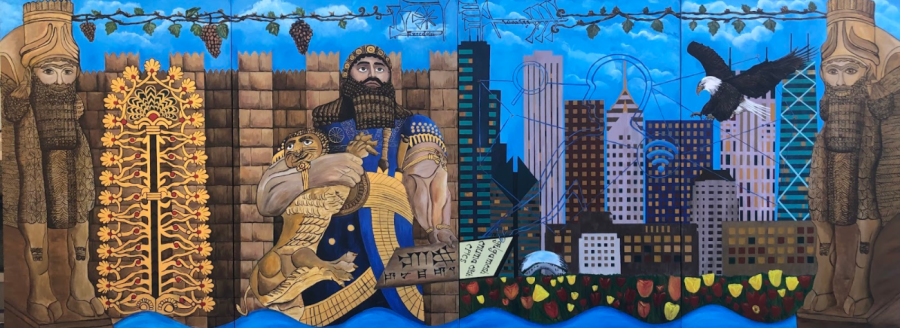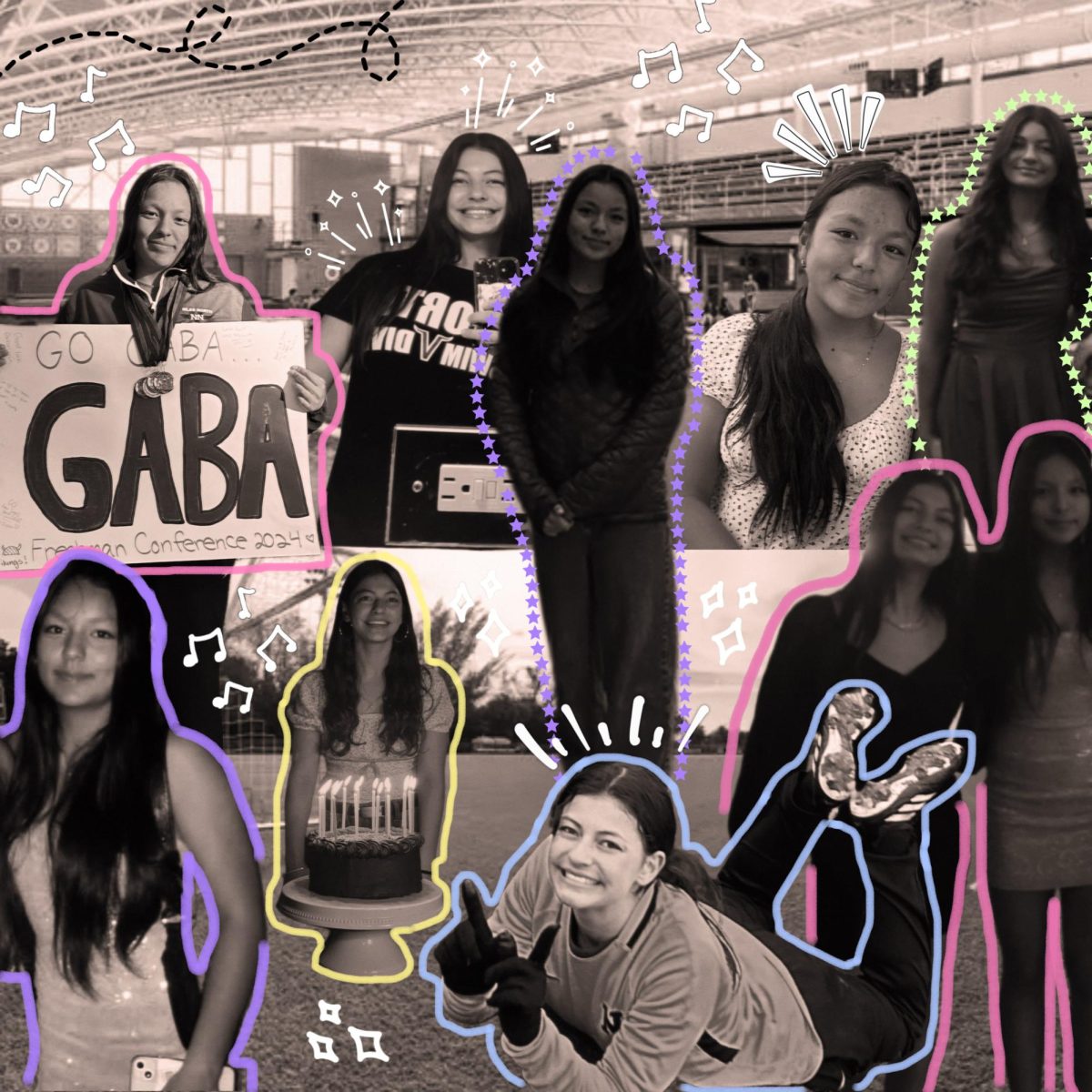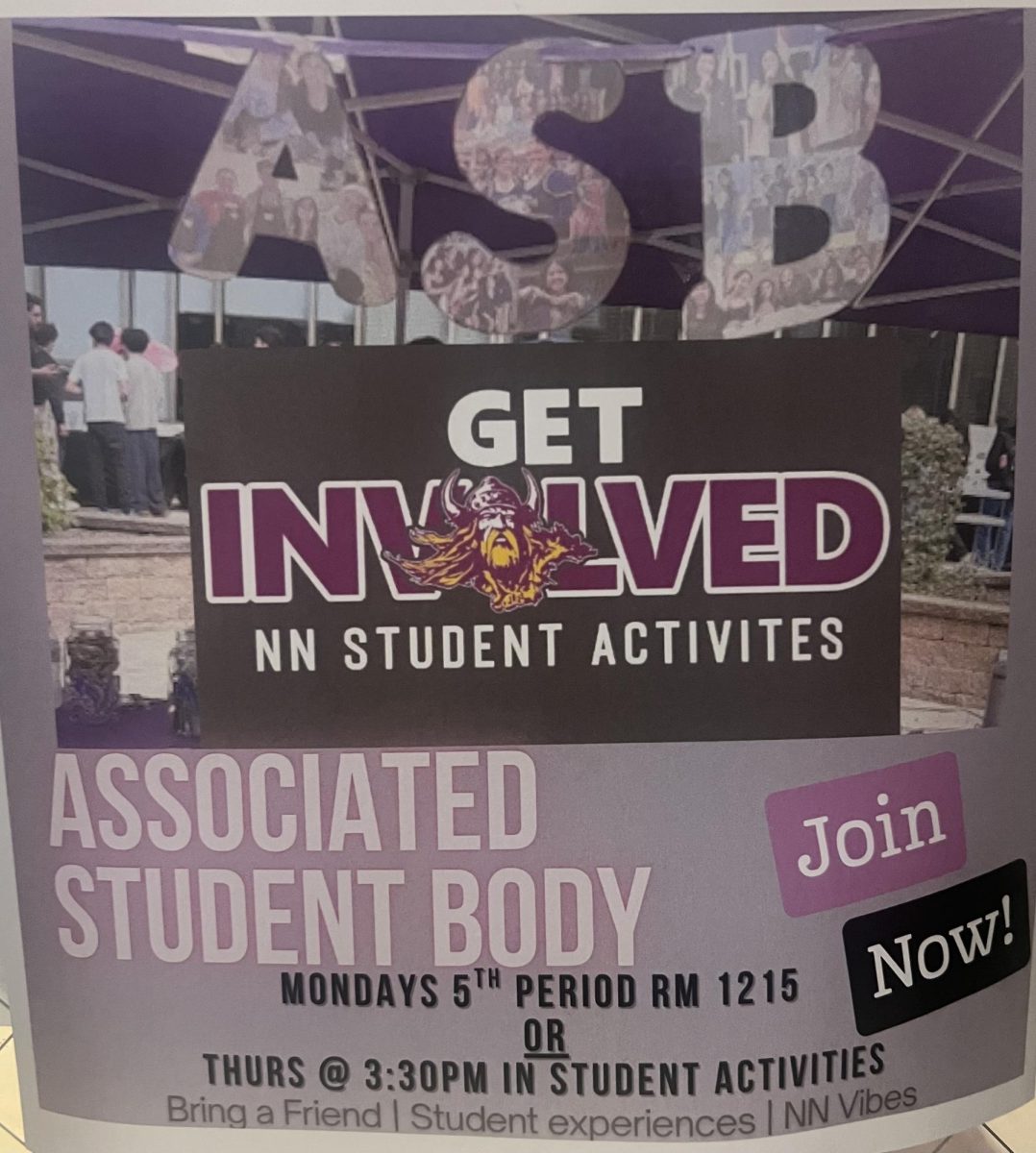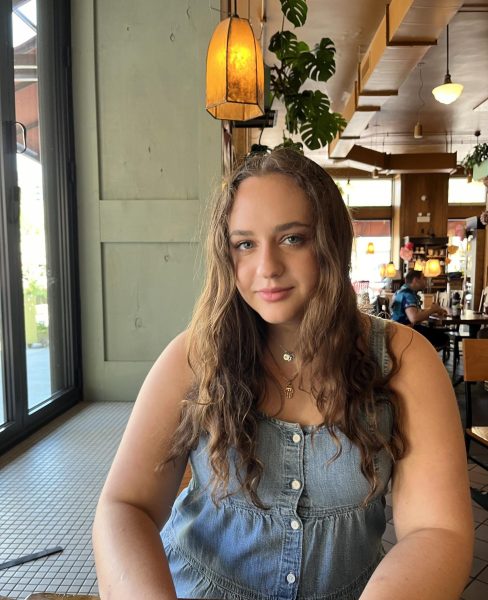The Assyrian people’s global population is facing extinction, and with a lack of widespread coverage of their loss, Assyrian people worry that they may disappear in silence. In our own Skokie, imagining a world without the rich Assyrian culture is impossible.
The Assyrian population in Skokie plays an integral role in the makeup of our community. Approximately 100,000 people in Niles, Skokie, Lincolnwood, and Morton Grove identify with Assyrian ancestry. Sadly, the significance of this special group in our community doesn’t transfer to the worldwide stage; The Assyrian people have been persecuted throughout history and up to the present with little to no recognition. Worldwide, Assyrians make up about 0.0375% of the world’s population, and only 100,000 of them still reside in Iraq, where they continue to face hardships.
Junior Danya Mamo, an Assyrian student at Niles North, expresses the longing for her people’s struggles to be equally valued when discussing marginalized groups.
“Our country can do a bit better on coverage and raising awareness on this,” Mamo says. “It would be nice to be included and receive the same treatment and support that other groups are getting right now.”
The history of Assyrian prosecution dates back to 431 AD when the Assyrian Church was expelled from the orthodox community. Here are some examples of prosecution that the Assyrian population has faced since then:
- In 1840, religious tensions developed and Assyrian prosecution by the Sunni population was status quo.
- During World War 1, the Ottoman Empire perpetrated a brutal genocide against the Assyrian people, involving mass killings, forced deportations, and atrocities targeting men, women, and children. This campaign of genocide and ethnic cleansing resulted in the deaths of hundreds of thousands of Assyrians and left a lasting legacy of trauma and sorrow within the community.
- In 1933, the Assyrian people faced massacres perpetrated by the Iraqi army. Between 600-3,000 Assyrians were murdered.
- In 1988, Saddam Hussein launched the Anfal campaign which resulted in the death and displacement of many Christian minorities, including Assyrians.
- In 2003, Assyrians were targeted during the ethnic and sectarian civil war in Iraq. The Assyrian population faced killings, bombings, kidnappings, torture, harassment, forced conversions, and dispossession.
- In 2014– Assyrians were targeted by ISIS (Islamic State of Syria and Iraq) because of their ethnic and religious identity. They were murdered, tortured, enslaved by ISIS militants, and many Assyrian women were raped.
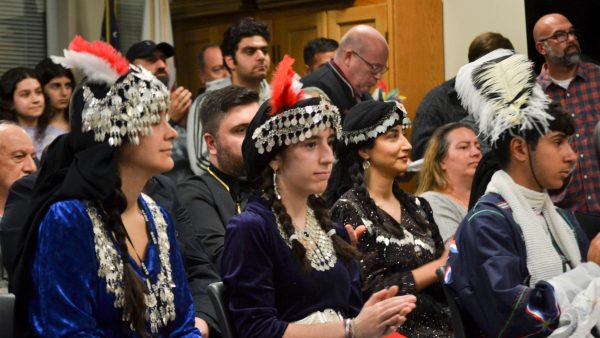
Despite the hardships the Assyrian people have faced, the Assyrian community at Niles North is prideful and thriving. In November of 2022, District 219’s Board of Education unanimously approved the Assyrian Language and Culture course proposal. This made Niles Township High School District 219 the first in the nation to offer Assyrian as an accredited World Language option. Ramina Korkis, an Assyrian student and member of the Assyrian Club at Niles North explains, “Niles North allows us to share our culture with the rest of the school, especially with the new Assyrian class being open,” Korkis says. “We have this amazing opportunity to learn our own culture here, not only for other people but for the other Assyrians who never had the chance to learn our language and our culture.”
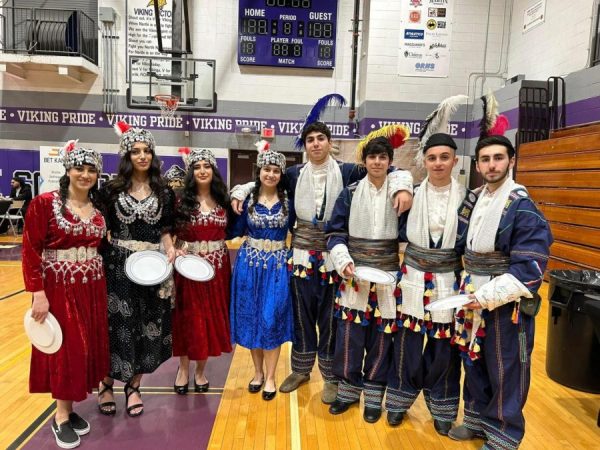
In the global dialogue of oppression, the Assyrian people are forgotten, so the responsibility falls on the Assyrian people to inform their communities about who they are and what they are going through. But the world has a responsibility to the Assyrian people, too. Since America and the Middle East’s ties are often tangled, reporting on ongoing persecutions, wars, and genocides isn’t covered accurately or at all. The responsibility of affirming and amplifying Assyrian identity shouldn’t fall on the shoulders of the Assyrian people. America must acknowledge the Assyrian people, begin to cover their atrocities in the news, and include the Assyrian people in the wider global dialogue.
Emily Ebrahimi, an Assyrian student at Niles North, urges other students to spread awareness.
“I believe that every situation that is going on should be supported equally and that the use of social media,” Ebrahimi says. “We need to treat situations equally as well so that people can post about it and further spread awareness to others. This way it becomes a topic to be discussed with your friends, in a group, or a class.”


